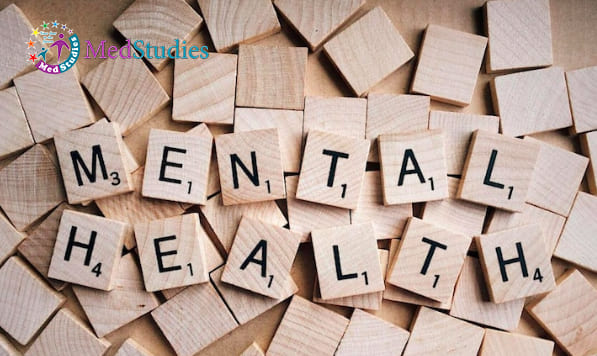
Importance Of Mental Health: Understanding For Teachers
let’s understand the importance of mental health literacy among teachers.
Present-day teachers have a unique relationship with children and young people. They play an important role in the prevention, identification, and intervention of mental health issues among children and young people. Thus, teachers need to possess sufficient mental health literacy to implement effective practices in these areas. On the occasion of teachers’ day, let’s understand the importance of mental health literacy among teachers.
Why should mental health be a need of the hour among teachers?
ENSURING HOLISTIC WELLNESS AMONG STUDENTS
Every student’s first interaction begins with their teachers after they step out of their homes, and some become their role models. A study conducted by Christian College showed that 71% of the students considered their teachers to be their role models later in their lives.
Hence, teachers play an important role in carving out the right personality for the young buds. Teachers who are empowered enough with proper mental health literacy would encourage students to prioritise their emotional wellness.
ENSURING PSYCHOLOGICAL SAFETY AMONG STUDENTS ON EDUCATION PREMISES
As per Harvard University, psychological safety is defined as “the climate in which one feels candid”. It is essentially an environment characterised by interpersonal trust and mutual respect in which people feel comfortable being themselves. Teachers who are psychologically aware will ensure that students in the learning environment feel safe enough to share their ideas, ask questions and take interpersonal risks.
They can ensure that no child becomes a victim of bullying, harassment, or any kind of circumstances affecting their overall development.
IDENTIFYING EARLY SIGNS OF STUDENTS’ MENTAL HEALTH ISSUES
Since children spend most of their time in academic spaces, teachers become their support system. Hence the responsibility for early identification of stressors and risk of mental health issues lies on the teachers. Susceptibility to mental health issues is a growing concern.
According to the Indian Journal of Psychiatry 2019, even before the pandemic, at least 50 million children in India were affected by mental health issues. These numbers are growing and it is important to address them.
EDUCATING PARENTS ABOUT BEST PRACTICES FOR RAISING THEIR CHILDREN
With changing times, there has been a shift in children’s psychological needs. The pandemic brought its own set of challenges to the academic environment, affecting students’ mental health. With schools and colleges re-opening and physical classes restarting, many students become susceptible to various adjustment issues that need to be rightly catered to.
Teachers with adequate mental health literacy can play a vital role in empowering parents in identifying symptoms of adjustment issues and ways to deal with them. They can help parents with the knowledge of proper child-rearing practices to ensure holistic development in these changing times.
TAKING RESPONSIBILITY FOR THEIR EMOTIONAL WELL-BEING
Mental health problems among teachers are not only a personal concern. It also adversely affects their student’s levels of achievement and increases costs for schools.
With changing times and demands of the educational forum, addressing teachers’ mental health concerns is important. Psychologically aware teachers are able enough to gauge their stress levels and take adequate measures to ensure their well-being including seeking professional help whenever needed.
How to increase mental health awareness among teachers?
Now that we’ve understood the need for mental health awareness among teachers, let’s dive into the ways of ensuring the same:
- To be with, school counselors can start empowering teachers by disseminating self-explanatory resources on child psychology, stress, adolescence, exam anxiety, and dealing with everyday pressure.
- The inclusion of mandatory mental health courses in the teacher’s training curriculum would ensure that teachers are equipped enough to be able educators of tomorrow’s future. Along with these, mental health training sessions can also be arranged by educational set-ups to ensure that teachers are up-to-date with the latest developments
- Open forums can be initiated by educational institutions for teachers and other educators to identify and understand their issues and ways to resolve them. Alternatively, peer-to-peer discussions can also be initiated among teachers to normalise mental health conversations.
- Encouraging discussions about the overall development of children in PTA meetings rather than just focussing on academic development.
The teaching profession today has evolved drastically into the new normal. The transition from conventional spaces to digital learning and the evolving psychological needs of students have created a need for mental health literacy among educators. It is imperative to embrace this progress and ensure mental health awareness among teachers.
By: Dr. Amrit Das